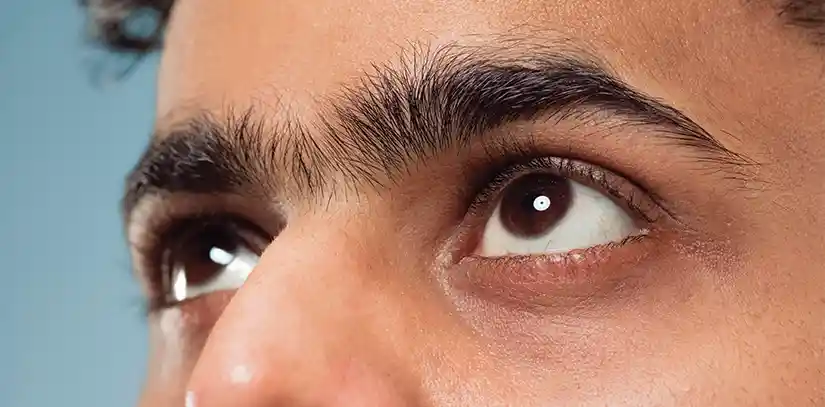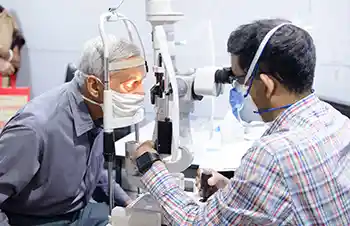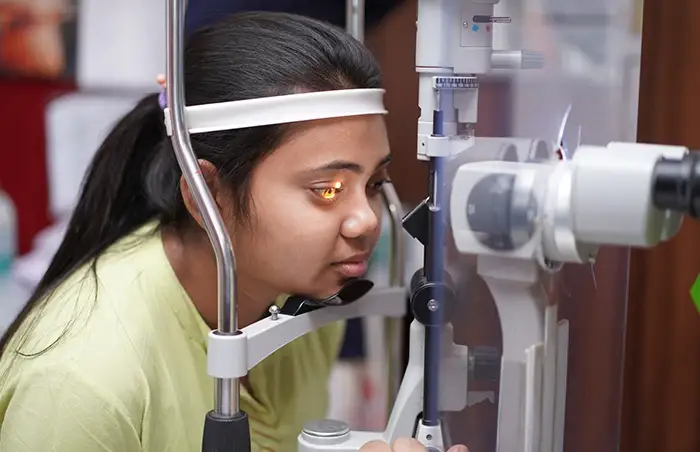What is Nystagmus
Nystagmus manifests as repetitive, uncontrolled eye movements, which can be horizontal, vertical, or rotary. These movements may vary in intensity and frequency, and they can impact visual perception and clarity. While Nystagmus can be present at birth (congenital Nystagmus), it can also develop later in life (acquired Nystagmus) due to various factors.
Causes of Nystagmus
- Congenital Factors: Congenital Nystagmus is often associated with abnormal development in the parts of the brain responsible for eye movement control. Genetic factors play a significant role, with specific gene mutations linked to the condition. However, not all cases of congenital Nystagmus can be attributed to genetic causes, and ongoing research aims to unravel the complexities further.
- Visual Impairment: Nystagmus can occur as a result of other underlying visual impairments, such as astigmatism, nearsightedness, or farsightedness. Eye movements may be a compensatory mechanism by the brain to enhance visual acuity. Addressing these underlying visual issues is crucial in managing Nystagmus effectively.
- Neurological Conditions: Certain neurological disorders or brain injuries can lead to Nystagmus. Conditions like multiple sclerosis, head trauma, stroke, or brain tumors can disrupt the communication between the brain and the muscles controlling eye movement, resulting in Nystagmus.
- Medications and Substances: Certain medications, such as antiepileptic drugs or those used to treat psychiatric disorders, may cause Nystagmus as a side effect. Additionally, excessive alcohol consumption or substance abuse can also trigger Nystagmus.
Embracing the Journey
Living with Nystagmus can present unique challenges in daily life, including difficulties with reading, depth perception, and visual fatigue. However, it is essential to recognize that Nystagmus does not define an individual's capabilities or limit their potential. Many individuals with Nystagmus lead fulfilling lives, pursuing their passions and achieving great success in various fields.
Support and Awareness
Raising awareness about Nystagmus is crucial to foster understanding and creating an inclusive society. It starts with educating ourselves and others about the condition. By dispelling misconceptions, we can promote empathy, acceptance, and support for individuals with Nystagmus.
Conclusion
Nystagmus is a complex condition with diverse causes that impact individuals in different ways. By understanding the underlying factors and celebrating the resilience of individuals on their Nystagmus journey, we can create a more inclusive and compassionate society. Let's raise awareness, promote acceptance, and support individuals with Nystagmus as they navigate their unique path. Together, we can ensure that everyone, regardless of their condition, is embraced and empowered to thrive.










